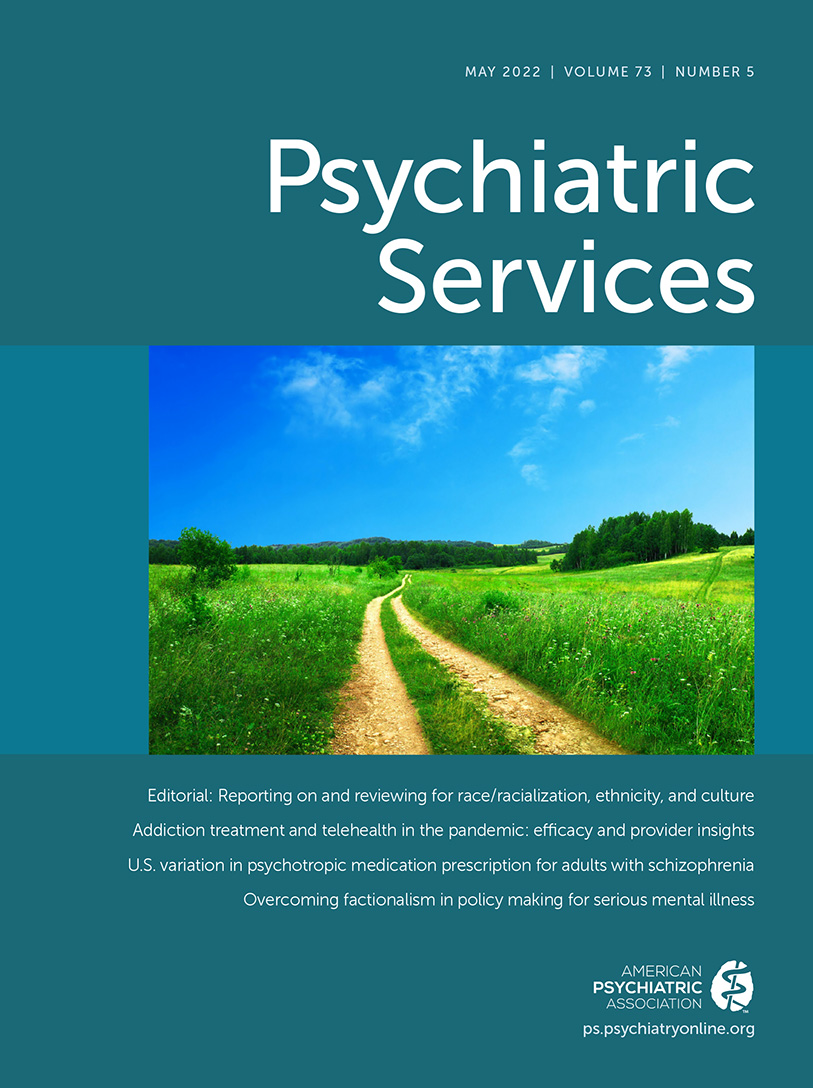Effects of High-Deductible Health Plans on Enrollees With Mental Health Conditions With and Without Substance Use Disorders
Abstract
Objective:
High-deductible health plans (HDHPs) are increasingly common in the U.S. health insurance market and are intended to reduce the use of low-value services, but evidence suggests that HDHP enrollees also reduce the use of high-value services. This study examined the effects of HDHPs on enrollees with mental health conditions, a population with high levels of unmet treatment need, often because of financial barriers. Enrollees with a co-occurring substance use disorder have greater treatment needs and unique barriers to care, perhaps changing their response to an HDHP.
Methods:
Commercial health insurance claims data in a difference-in-differences design was used to evaluate the effect of an employer’s offer of an HDHP on 6,627,128 enrollee-years among enrollees with mental health conditions, stratified by having a co-occurring substance use disorder or not.
Results:
Among enrollees without a co-occurring substance use disorder, an HDHP offer was associated with a 4.8% (95% confidence interval [CI]=2.4%–7.2%) reduction in overall spending on mental health care, despite an 11.3% (95% CI=1.0%–21.6%) increase in spending on mental health–related emergency department visits. Among enrollees with a co-occurring substance use disorder, no significant changes attributable to an HDHP offer were found in most categories of spending on combined mental health and substance use disorder care, apart from a 4.5% (95% CI=1.9%–7.2%) reduction in spending on psychotropic medications.
Conclusions:
HDHPs may reduce use of necessary care among enrollees with mental health conditions, which could exacerbate undertreatment in this population and result in adverse health outcomes.



